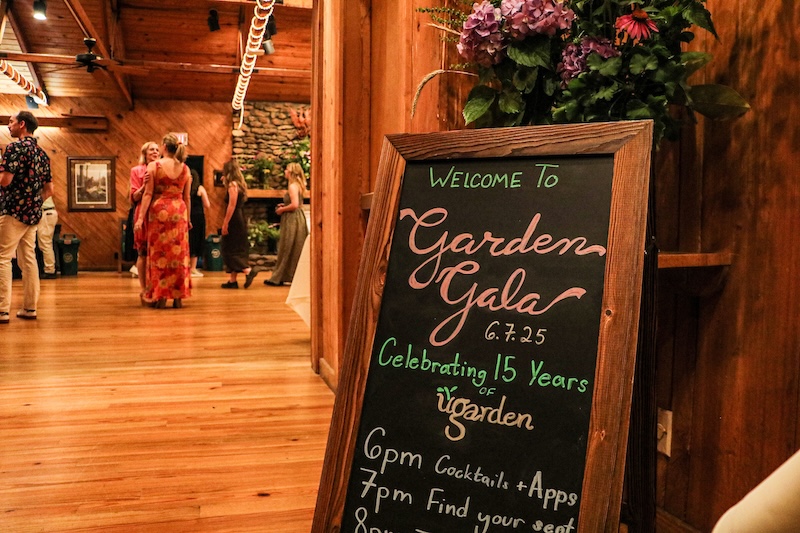By Sharon Omahen
University of Georgia
Would you buy a particular chocolate brand if it helped save a rain forest? Some struggling Ecuadorian cacao growers are banking you will.
A team of University of Georgia researchers is helping a 400-grower co-op in the Choco-Andean corridor of Ecuador find ways to market their crop while saving the surrounding rain forest. The project began three years ago with funding from the World Bank in Ecuador.
"The main goal of the project is to conserve the biodiversity of the area," said Rebeca Justicia, a doctoral student working with UGA Institute of Ecology Professor Ron Carroll. "Our secondary goal is enhancing the potential of existing crops."
An Ecuador native, Justicia said 700,000 acres of her country are devoted to cacao plantations. About 5,000 of these acres are within the Choco-Andean Corridor.
Shade-grown chocolate
Normally, cacao trees grow on large parcels of clear-cut land. To help preserve the rain forest's plant and animal life, some growers are planting them in the shade, leaving surrounding trees and plants. The grower co-op harvests their shade-grown cacao beans by hand.
"Shade-grown cacao trees share space with the trees of the forest and create a friendly habitat for migratory bird species like the summer tanager," she said. "But they also generates lower yields per acre than sun-grown cacao trees. Therefore, we must find ways to make the chocolate business worthwhile for farmers."
One way would be to market chocolate rather than beans, she said. But processing their own chocolate isn't feasible. Instead, the researchers and growers hope to develop a partnership with an existing processor in Ecuador.
To further market their chocolate, the growers plan to focus on their environmentally friendly growing practices and the high quality of their beans. Following advice from UGA researchers, the growers now sort their beans for quality, which increases profit.
"We are calling the chocolate 'bird-friendly organic' and emphasizing that it's a socially responsible product," Justicia said. "This is extremely high-quality chocolate, as this region is known for producing high-aroma chocolate. It's the finest quality in the world."
Chocolate sauce and syrup
Shoppers will find bird-friendly organic chocolate in two products: a chocolate dunking sauce and a chocolate syrup.
Both were developed by UGA food science students using the Ecuadorian growers' beans. Professors Rob Shewfelt and Yao-Wen Huang, food scientists with the UGA College of Agricultural and Environmental Sciences, led the new product development.
"One of my former students, Joy Dubost, is now at Penn State, so she connected us with Greg Ziegler, the chocolate expert there," Shewfelt said. "We sent him the beans, and he processed them and sent us solidified chocolate liquor. It's a very highly flavorful chocolate that smells great and tastes really good."
Brooke Bradshaw, a UGA journalism student, volunteered to develop a marketing plan as part of a course assignment. She came up with the bird-friendly organic chocolate name and designed a logo for the products.
"The growers are trying to develop products they can market with an organic label and sell upscale," Shewfelt said. "This way they can get more money for their crop."
Great for candies, too
Besides the UGA formulations, the growers hope to market their chocolate to high-end chefs.
"We're also negotiating with one of the largest chocolate producers in Europe," Justicia said. "Chefs could use the chocolate for cooking, or small chocolate shops could use it for baking or making high-quality chocolate candies."
Justicia said a rain forest educational package incorporating the chocolate is being developed with funds from a U.S. Fish and Wildlife Service grant. The package will include lesson plans for elementary and middle school children.
"The students will learn about the birds of the rain forest and taste the chocolate," Shewfelt said. "This would tie the birds and the chocolate together."
The researchers are investigating developing a high-quality organic chocolate bar, too, that schools and other groups could sell for fund-raising. Justicia hopes to see bird-friendly chocolate products on grocery shelves by 2007.






